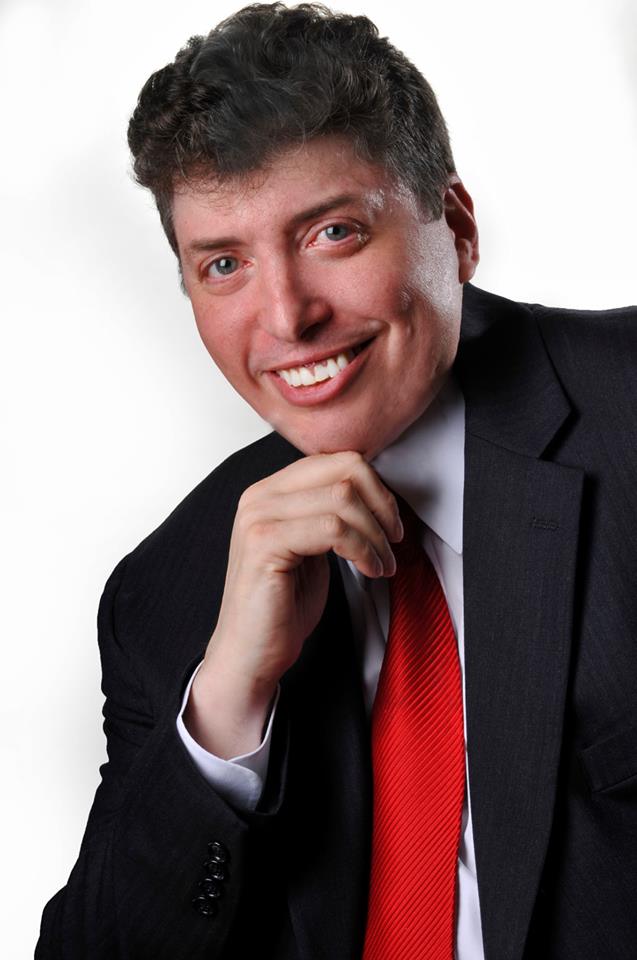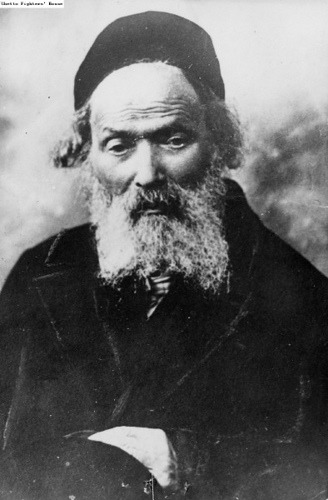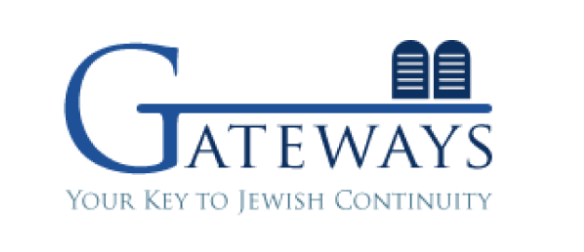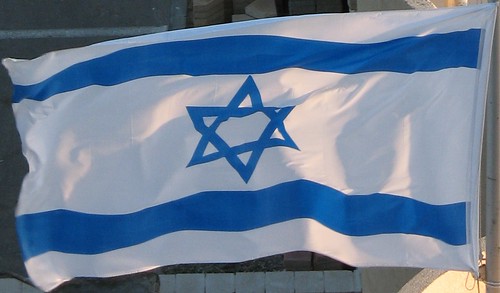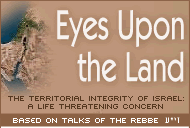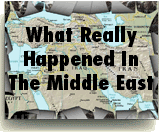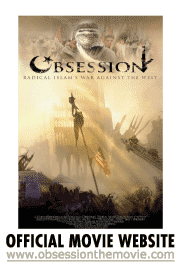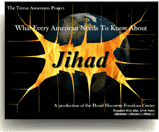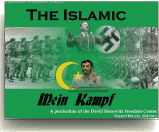Conservatives to tackle intermarriage,'homo-lesbian' ordinations. Dec. 28, 2009
Matthew Wagner, THE JERUSALEM POST
Burning issues threatening to split the Conservative Movement, such as the ordination of homosexual and lesbian rabbis, the sharp drop in the number of young members and the challenge of intermarriage will be raised this week during a two-day conference in Jerusalem's Van Leer Institute entitled "Conservative Judaism: Halacha, Culture and Sociology."
"This will be the first time that an institution not associated with the Conservative Movement will devote a scholarly conference to Conservative Judaism," said Professor Naftali Rothenberg, Jewish Culture and Identity Chair at Van Leer. "And this is happening on the backdrop of a major crisis that the Conservative Movement is undergoing, in which members of the religious Right and Left in the movement are headed in opposite directions."
To be truthful, there has not been a real "Conservativist movement" in many years. What exists now is another version of "Reformism" albeit with different managers and owners. Conservativism ceased to exist after the driving on shabbos decision. Going forward, the impetus to figure out new ways to break away from halachic Judaism disguising rulings as formulated from halacha has set a tone which is leading to an inevitable split up of "Conservatism" in favor of Reformist and Traditionalist "movements".
Having learned that all Jews in their heart's really want to follow Torah and do mitzvos in a proper way but are knocked off course do to outside influences, one must look at "conservativism" and "reformism" for that matter, with pity. These holy Jews, congregants of Conservativists synagogues (those who actually are halachically Jewish that is) have been convinced by the credibility of multi-generational participation and the goodwill presumed by the religious experience that the evolution of their religious experience is supported by Torah. A slow, but certain evolution it is. There was never a drive to do away with halacha (like in Reformism), but to make halacha bend to the will of simple people who merely wanted their religious experience to be consistent with their secular experience or that of their children.
There is plenty of room for understanding Torah in a modern context. Torah must make sense at all times and in every place. There is no room, however to re-define Torah to permit the forbidden and kasher the treif. Conservativism sought to do this and fell into a trap of its own making. And thereby set its own course to obsolescence.
For each generation to make its own mark and find its own way there must be a structure upon which to build. Generationally speaking, there is no “Conservative” movement to build upon. It has come to its logical conclusion.
The conference in Jerusalem has scheduled as one of its topics the decline in young membership, a problem not faced by Orthodoxy. The reason is that there is no room to continue moving Conservativism towards Reformism without fully becoming Reformism and it cannot go backwards. Those youth who want to be fully connected to the Jewish world find their way to Orthodoxy, possibly in college, through Chabad or other outreach programs. Those who do not find it necessary yet to connect to the Jewish world may, on occasion check in at a Reformist Temple or blend into the woodwork, vulnerable to the delights of Edom and “marriage” to non-Jews or worse. Thus, one can see the reason why Conservativism at the grassroots is so interested in kashering the relationship between Jews and non-Jews and male to male and female to female. These reflections of the world of Edom, now fully part of life in Reformism, will soon be the norm in Conservativism. What is Conservativism other than a Reformism with different owners?
But sigh, more perversion awaits in the world of Edom. For today, marriage to non-Jews and homosexual professional staff is the trend. What comes next? When does Torah-true Judaism stand up and say enough. Be our brothers or be something else – but please stop the attempt to drag the holy Torah and halachic credibility into your world, the reflection of Edom.
















